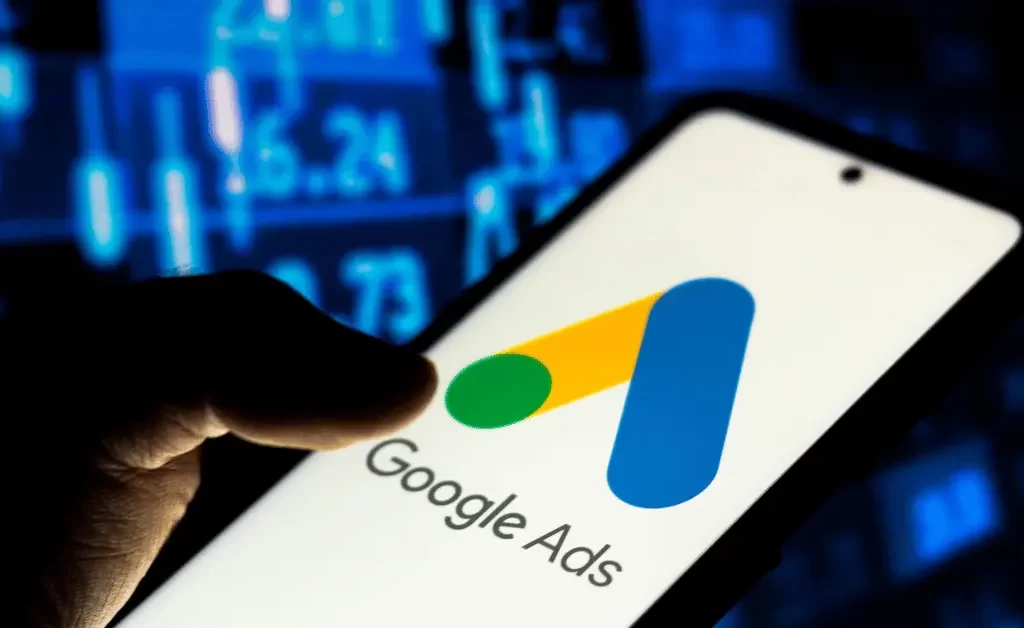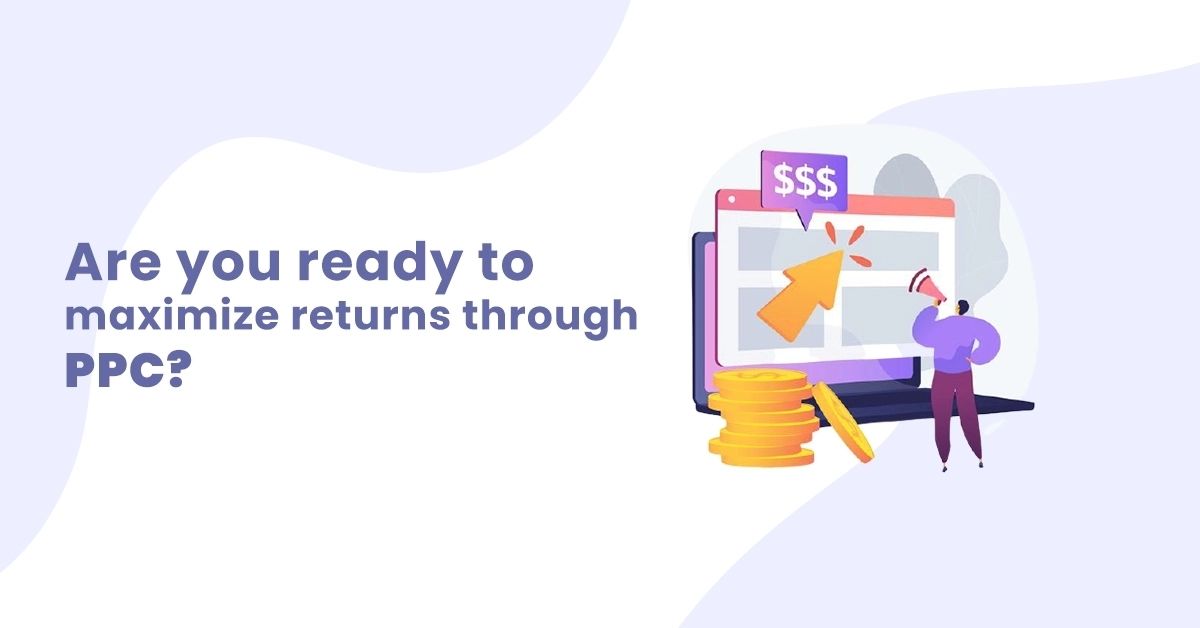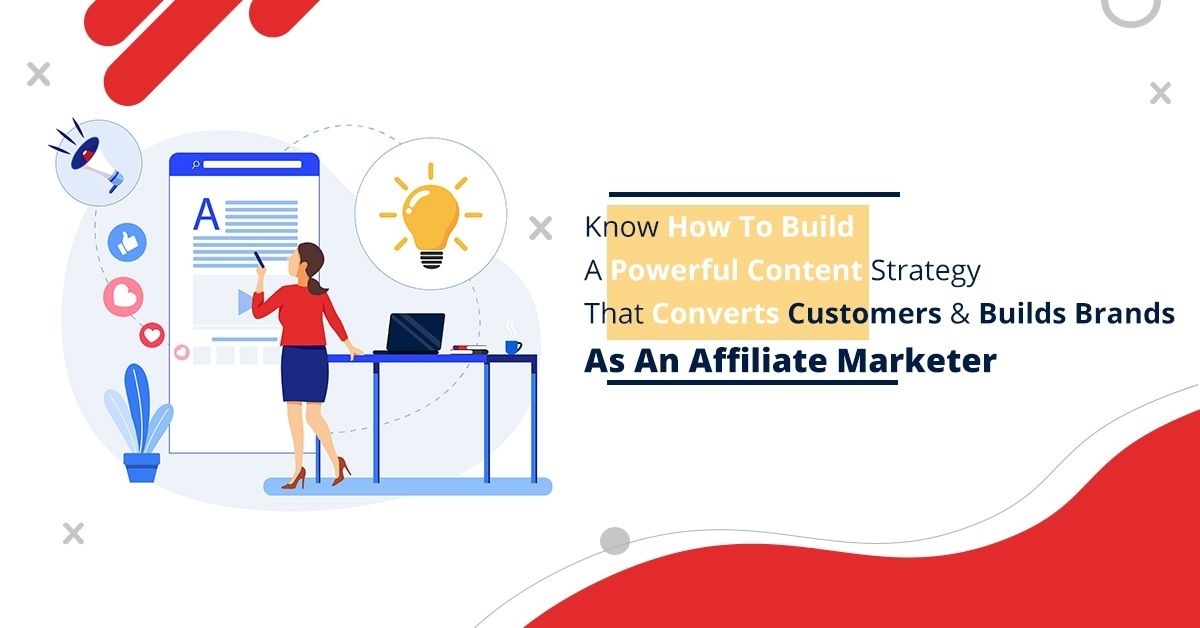Pay-Per-Click affiliate marketing represents an advertising model where sponsors pay a commission to the publishers whenever one of their advertisements is clicked. The key to success in Pay-Per-Click Affiliate marketing is selecting a niche where advertisers can build an engaged, targeted audience likely to take action on their site, such as clicking on their ads.
How Keyword Research Benefits Pay-Per-Click Affiliate Marketing
To work on a huge scale, it is important to get by as an affiliate marketer, you need to work on progressing, iterative keyword research. You need both mainstreams, serious keywords just as targeted, high-intent keywords. This will require taking advantage of the long-tail of search.
Having the correct keyword is significantly more crucial for affiliate PPC than having a broad rundown. All things considered, traffic alone isn’t sufficient you need to push the targeted audience to an associate site to drive deals and bring in cash.
As an illustration, Every time our promotion is clicked, sending a guest to our site, we need to pay the web crawler a little charge. At the point when PPC is working effectively, the expense is insignificant, because the visit is worth more than what you pay for it.
What are Google Ads?
Google Ads (earlier known as Google AdWords) is the absolute most famous PPC promoting framework on the planet. The Ads stage empowers organizations to make advertisements that show up on Google’s web index and other Google properties.
Image Credit: searchenginejournal
Google Ads works on a pay-per-click model, in which clients bid on keywords and pay for each click on their ads. Each time an inquiry is started, Google delves into the pool of Ads promoters and picks a bunch of victors to show up in the significant advertisement space on its query items page. The “winners” are picked on a combination of factors, including the quality and significance of their keywords and promotion crusades, just as the size of their keywords bids.
While the quantity of variables decides how fruitful your PPC publicizing effort will be, you can accomplish a ton by zeroing in on:
- Keyword Relevance: Crafting important PPC keyword records, tight keywords gatherings and appropriate advertisement text.
- Landing Page Quality: Creating enhanced landing pages with powerful, applicable substance and a reasonable source of inspiration, custom-made to explicit pursuit inquiries.
- Quality Score: Quality Score is Google’s rating of the quality and pertinence of your keywords, landing pages and PPC campaigns. Publishers with better Quality Scores get all the more advertisement clicks at lower costs.
- Creative: Enticing promotion duplicate is crucial; and in case you’re publicizing on the showcase organization, you can utilize an apparatus to make quality advertisements that will request clicks.
Now that you’ve read up on how to get started with PPC, it can be your blog to jumpstart your PPC success!





